With the farm-to-table movement, consumers are asking more questions than ever about their food. Where did it come from? Was it raised sustainably? Is it healthy? Fortunately, with salmon, the conscious, sustainable choice is easy: Alaska salmon.
For years, the American Heart Association has been touting the benefits of salmon’s omega-3 fatty acids for their role against heart disease, but only recently has research begun to indicate exactly why these essential fats are so fundamental for our health—not only our hearts but our brains and bodies, too. Historically consumed in an equal ratio with omega-6, another essential fat, omega-3s now constitute only a very small portion of our diets. And while omega-6 also serves a vital role in our bodies, researchers believe the severe imbalance in the modern diet causes chronic inflammation that leads to cardiovascular disease, strokes, mental disorders and other diseases.
Our declining seafood consumption has led to an omega-3 deficiency, explains Douglas Bibus, research scientist at the University of Minnesota. Our hearts and brains need omega-3 to be healthy.
So salmon gets the thumbs up for our health, but what about the environment? We live in an age when so many of our oceans are being overfished. We’re peppered with warnings not to eat this or that. According to the Monterey Bay Aquarium Seafood Watch, Alaska salmon is the best choice for sustainable salmon. In fact, the sustainability of its seafood is actually written into Alaska’s state constitution. The state is dedicated to ensuring its salmon are harvested without compromising future populations, their habitat or the surrounding ecosystems.
And while Alaska salmon can’t exactly be called organic—it’s wild, after all—you can be assured it was raised without growth hormones. It isn’t genetically modified. Alaska salmon swim in pristine, mineral-rich waters far from major populations or industry.
“We are what we eat, and wild salmon is hard to beat,” says Randy Hartnell, president of Vital Choice Wild Seafood and Organics.
5 percent
Number of chinook salmon with white flesh, known as “white kings”
10 feet
Height a sockeye can jump
100 pounds
Record weight of king salmon caught in Alaska
2,000 miles
Length of the Yukon River—Alaska’s longest—from its headwaters north of Juneau to its mouth at the Bering Sea
6 million years
The time fossils indicate Pacific salmon have existed on earth.
272 million
Record number of salmon harvested in Alaska, in 2013
NEWS FLASH
Whether you choose farmed or wild, you can be assured the salmon you buy from King Soopers and City Market, has not been genetically modified. The national grocery chain recently made a company-wide decision not to sell genetically modified salmon in its stores.
Find out more about salmon cuts and varieties
Salmon species you’ll find in your King Soopers/City Market stores

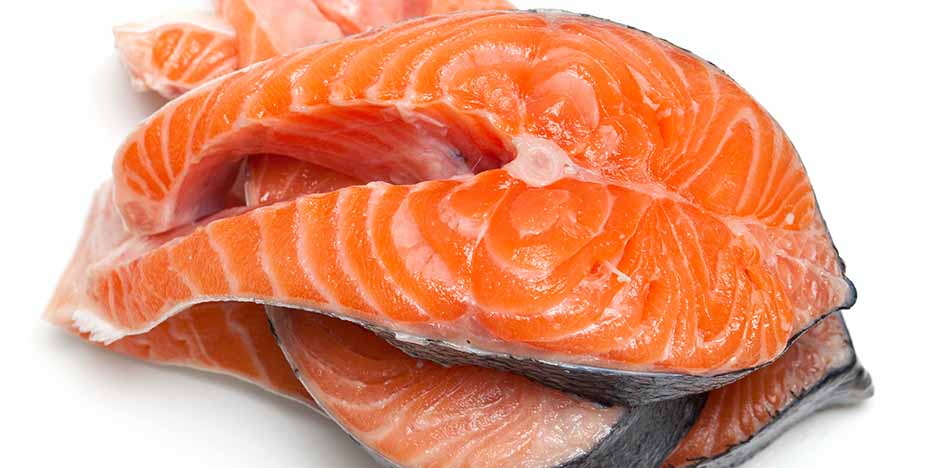

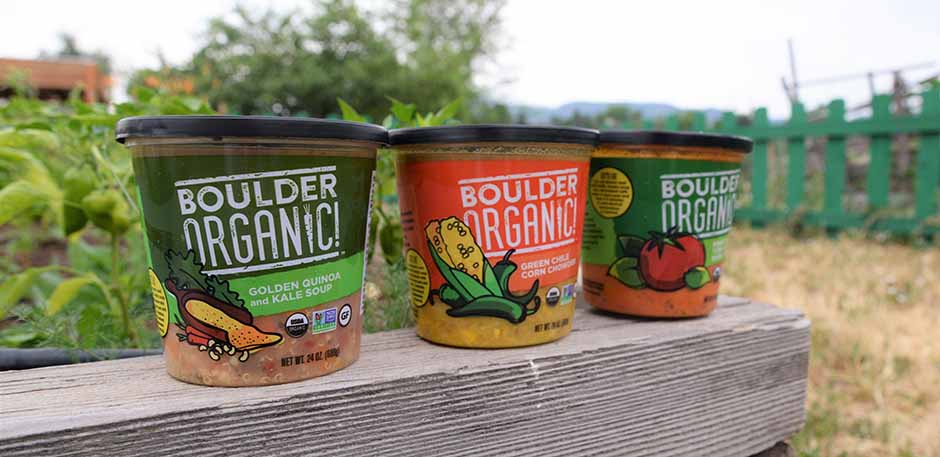
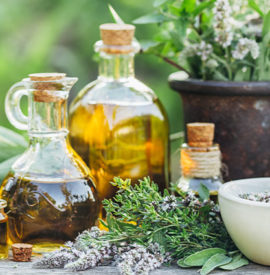
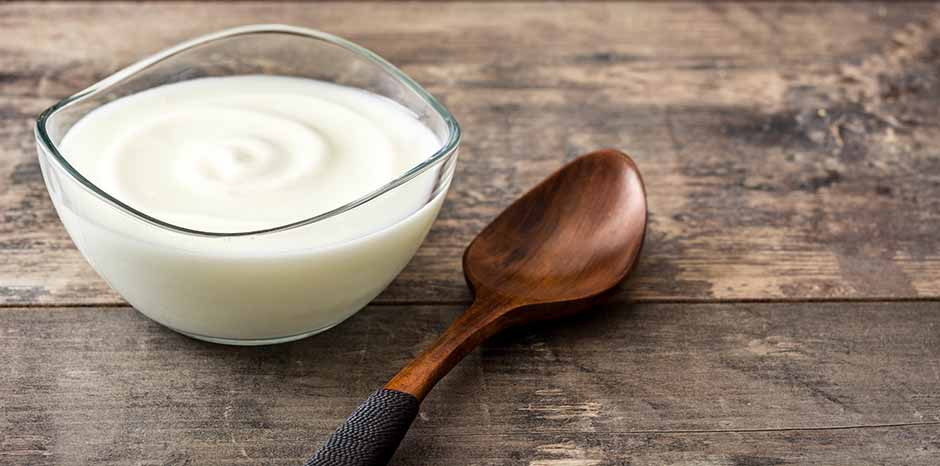
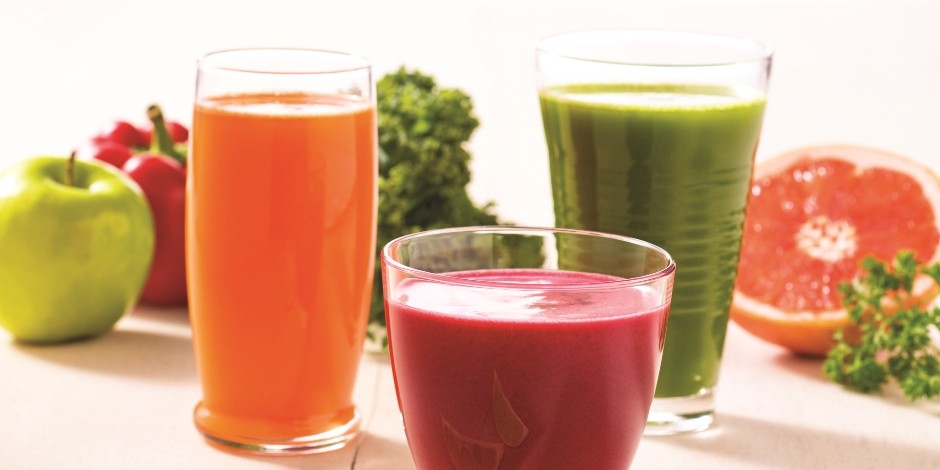
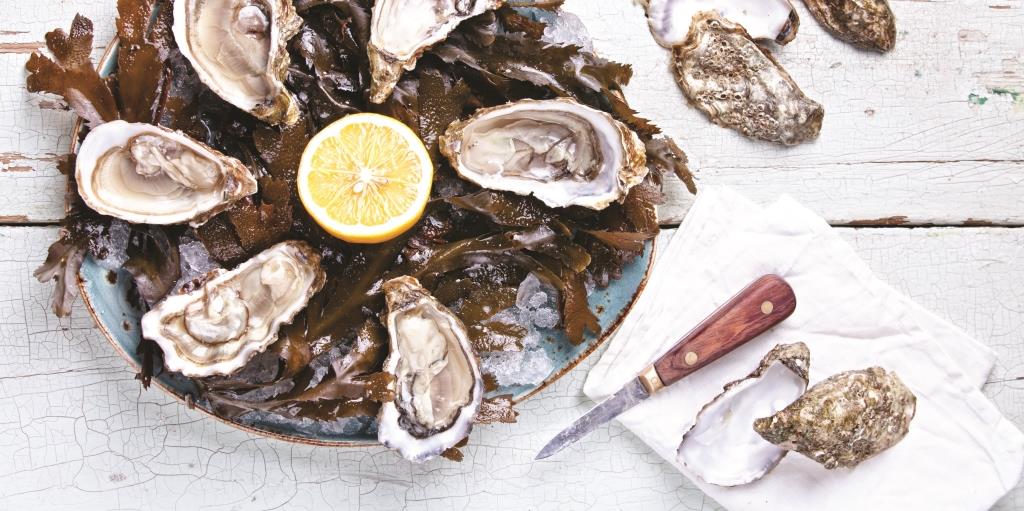

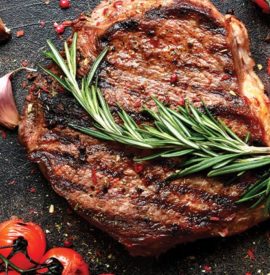
Comments